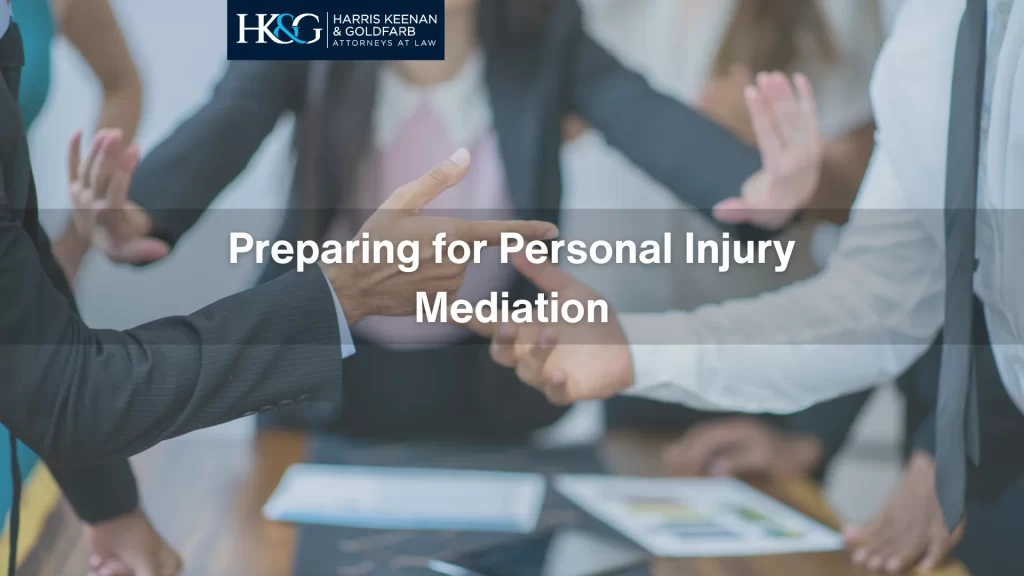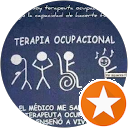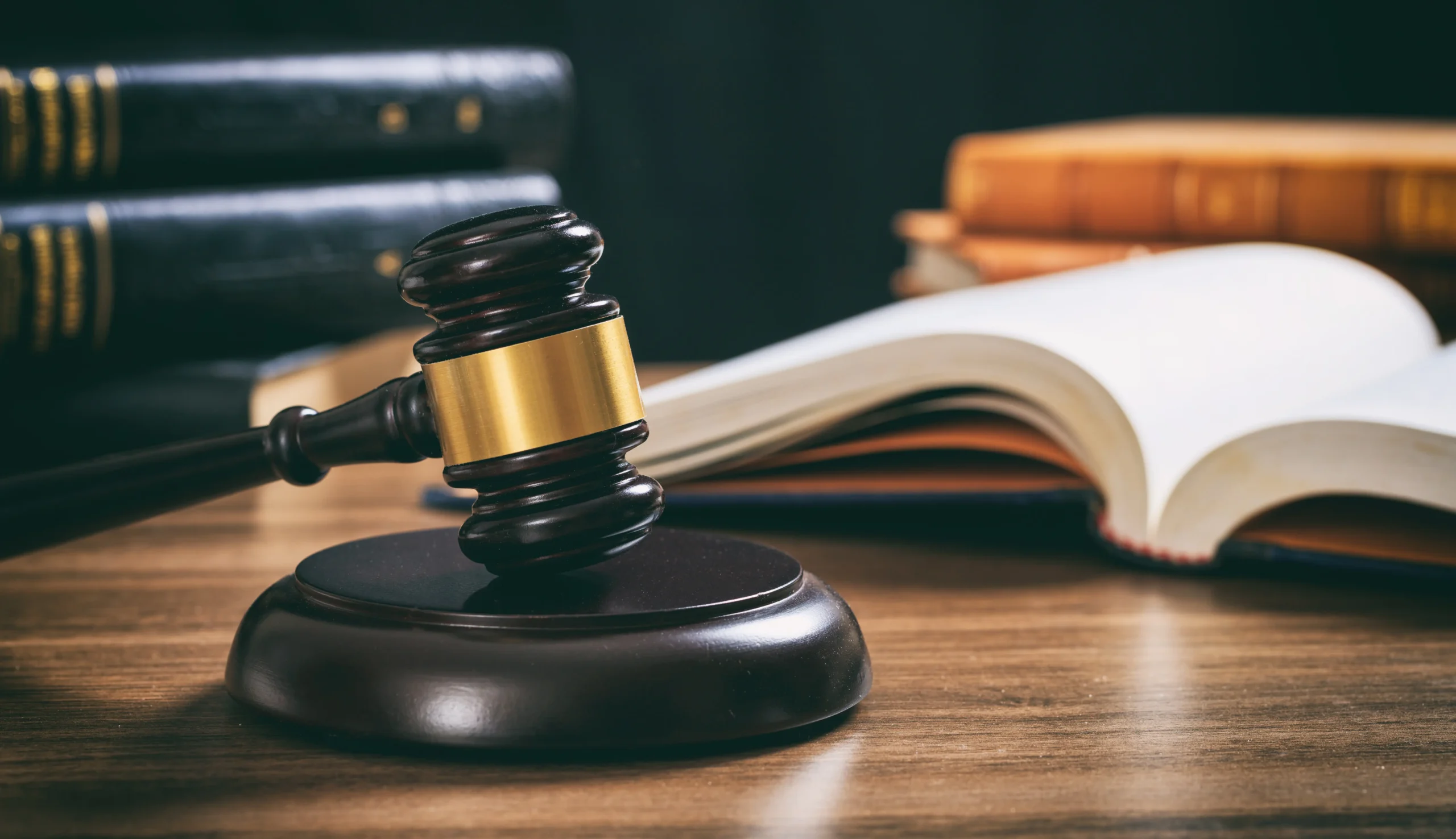A Brooklyn jury awarded Mr. Vargas $17.5 million for the City of New York’s violation of his civil rights for failing to provide him medical care while in custody. The jury found that the police officers involved failed to provide the necessary medical treatment and awarded $17.5 million to Mr. Vargas.
Recommended Articles
Categories
- Accidents
- After an Accident
- Compensation
- Firm News
- Insurance Claims
- Lawsuits
- New York Car Accident Resources
- New York Medical Malpractice Resources
- New York Motorcycle Accident Resources
- New York Nursing Home Injury & Abuse Resources
- New York Truck Accident Resources
- Personal Injury
- Workplace Injury
Practice Areas
Get A Free Case Evaluation
Preparing for Personal Injury Mediation

Many personal injury lawsuits are settled out of court in mediation. Mediation is a method of alternative dispute resolution. In mediation, guided negotiations are supervised by a trained mediator. Many mediators are former attorneys or judges, professionals with background knowledge of and familiarity with New York laws regarding personal injury claims.
Mediation is less formal than proceedings in a New York civil court, which is where personal injury cases are litigated. You need to prepare to achieve your desired result in mediation and avoid going to trial. Although our guide to preparing for mediation isn’t a substitute for your personalized legal advice from a New York personal injury lawyer, it can give you an overview of what to expect.
What to Expect in the Mediation Process
The parties must select a mutually agreeable mediator. One side will propose a mediator, and the other will evaluate them, examine their credentials, and determine that they don’t have a bias. Once a mediator is chosen, the plaintiff and defendant can agree on a time and place for the mediation session to occur, or the mediator will set it up.
Some mediation may be done via video or phone call, while other sessions are in person. The mediator may have all parties in the same room for part of the mediation and separate the parties at times. The attorneys stay with their clients. The mediator goes back and forth between the parties, proposing what they’ve asked for and helping both parties find an acceptable compromise.
A mediation session usually starts with opening statements from each party. The mediator asks each side what they want to achieve. Your mediator’s role is to help each side focus on their goals. They cannot take sides or make rulings or decisions for you but may answer your questions.
Mediation Preparation Checklist
Look over your personal injury claim carefully. What is most important to you, and what are you okay with giving up? For example, if you’re permanently disabled due to the accident, it may be very important to you that your settlement covers future medical care and loss of earning potential. So, you may be willing to reduce the amount you requested in pain and suffering compensation to achieve these goals.
You may also have a “tiered game plan,” which could include the best possible outcome, a good outcome, an outcome you can live with (but isn’t as good as you’d like), and your walk-away point, the point at which negotiations are no longer useful and a trial may be the better option.
Your lawyer may have specific things they want you to bring, prepare, or think about before mediation. This could include up-to-date medical records, current statements for the cost of treatment, medication costs, mileage to and from doctor’s appointments, and medical device receipts.
Make sure that your demands are all in writing prior to mediation. This process is about compromise, not sudden surprises or asking for much more money than you initially did.
You and your lawyer can work together to determine the right checklist for your session.
Do’s: What To Say During Mediation
Your attorney will be with you and can advise you about what to say and when to stop talking. There are a few things to remember to do to get the best possible outcome:
- Do use nice manners. Be polite, refrain from swearing, and address the mediator with respect.
- Do speak up about your needs and advocate for yourself.
- Do tell the truth. You may not have to tell your opponent everything (follow your lawyer’s advice), but you could jeopardize your claim if you start lying.
- Remember that in mediation, you have more control than you think. If your case goes to trial, you do not control the outcome.
Listen to your lawyer. They may realize that your case isn’t a home run and could advise you that a mediated settlement, even if it’s not your ideal one, could be a lot better than you could get from a jury or judge.
Don’ts: What Not to Say During Mediation

You don’t have to lay all your cards on the table at mediation. Your attorney may keep some things in their pocket in case of a trial. However, mediation is less formal than a trial, and you can introduce evidence that may not be admissible in a trial but is still relevant to your case.
Some other things to avoid in mediation:
- Don’t lose your cool. If you start feeling angry or upset, you can ask for a break to consult with your lawyer and collect yourself.
- Don’t start playing the blame game. Mediation aims to find a financial compromise, not throw accusations around.
Finally, stay off your phone and stay off social media. It could be tempting to send updates to friends and family or even post on your socials. Remember that if you can’t settle in mediation, your case will move to trial, and whatever you post online or say could be used against you by the defense.
Additionally, many mediated settlement agreements include a confidentiality clause. If you’re talking about what’s going on in mediation, and the other party wants confidentiality, your posts or texts could give them a reason to abandon the process.
Do You Need Help Preparing for Mediation?
Have you been asked to go to mediation for your personal injury claim? If you haven’t secured legal services yet, there’s still time. A personal injury attorney from Harris Keenan & Goldfarb can represent you in mediation, even if you’ve already initiated a claim with the other party.
An attorney may be able to get a better outcome for you in mediation than you could alone. They’re your cool-headed guide during negotiations and can help you focus on the most important things you want to achieve during mediation. Don’t walk away with less than the maximum compensation for your claim. Contact us today for a free case review. Call 1-800-PAIN-LAW now.
Related Posts
What Should I Do if the Insurance Company Makes a Lowball Offer
Over $500 Million in Verdicts and Settlements
Our track record showcases over $500 million won for our clients. Each victory underlines our commitment to justice and client care. Explore our impact, case by case.
What Our Clients Say About Us

Thank you so much for recovering my injury case from 9 years ago that was dead in the water since the company went bankrupt and there was nothing else to do. Miraculously, you resurrected my case and was able to get a settlement which completed for me the horrific accident and the suffering I endured because of it. HK&G makes miracles happen by getting the job done and seeing that justice is served. Thank you so much.
Susan C.
Jason Steinberg is a great lawyer Donna and Terry were always very professional and kind I will always highly suggest this law firm and team to anyone out their. Thank you again to everyone at this incredible Firm!!!
They got me Justice, and achieved a substantial outcome for my case.
I am very impressed, and thankful for their outstanding performance on my behalf.
I am very pleased, and significantly satisfied with their representation.
‐-
Sherylon Wilkins
6 years ago I had a slip and fall accident at my employers place of business. I reached out to them because I knew that I was being wrongfully treated. They took care of the case, restored my self confidence, and brought so much peace to my problem riddled life.
I can recommend without a shadow of a doubt the services of Harris, Keenan & Goldfarb to anyone who is in need of someone who will have your back!
Frequently Asked Questions
Common questions that prospective clients have about personal injury claims include:
Do I need an attorney?
When you have suffered an injury, it can be difficult to know what to do next. If the injury was caused by someone else’s negligence, you may be entitled to compensation. However, filing a personal injury claim can be a complex and time-consuming process. An experienced attorney can help you navigate the legal system and fight for the maximum possible compensation.
How do I know I have a case?
When should I contact an attorney?
How do I determine which one to choose?
Once I hire an attorney, what should I expect?
Recent News
Find out how to move forward after an unexpected event with our short, helpful articles. We share simple advice that can make a big difference in tough times.
Contact Us
Monday - Friday: 9am - 6pm









































